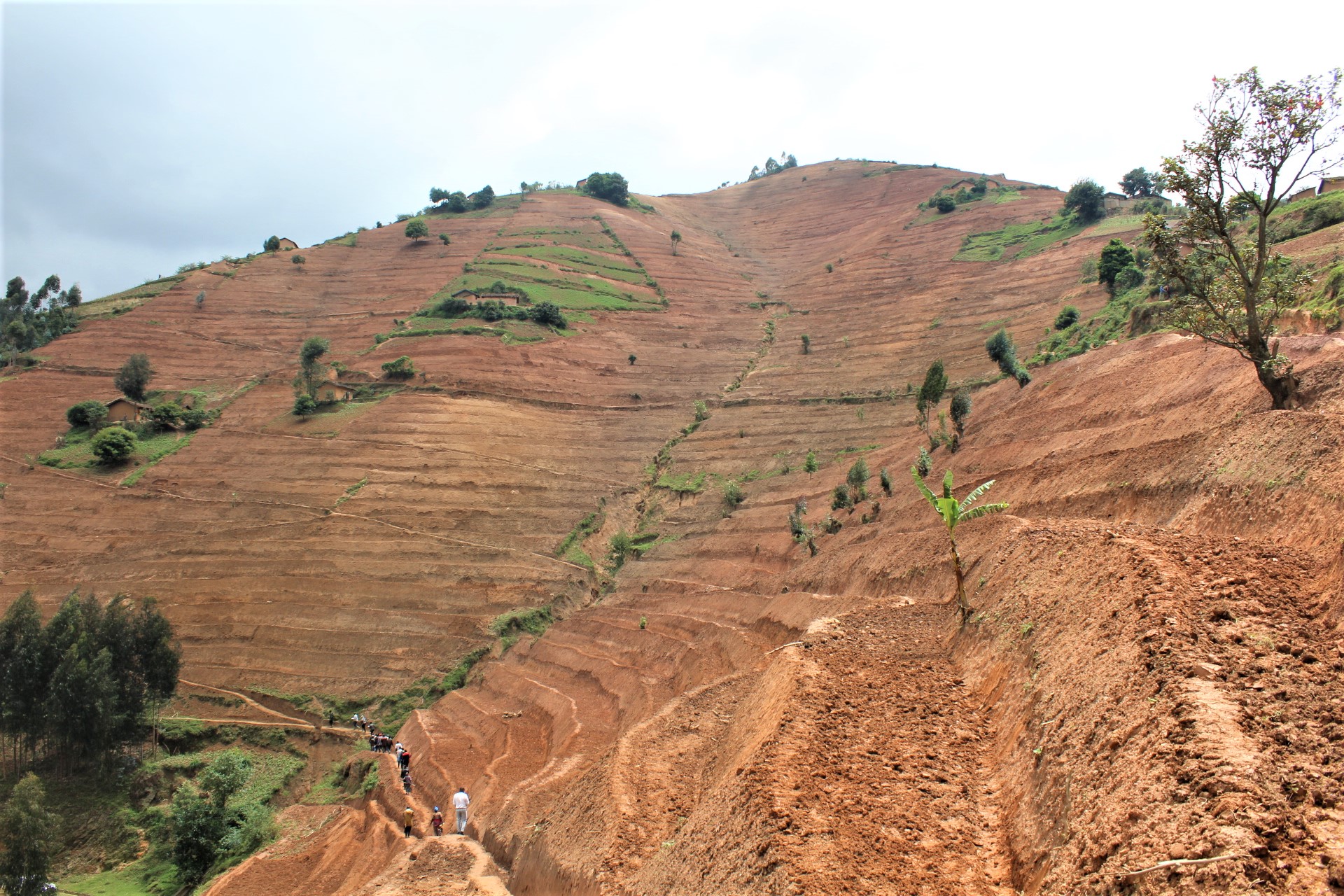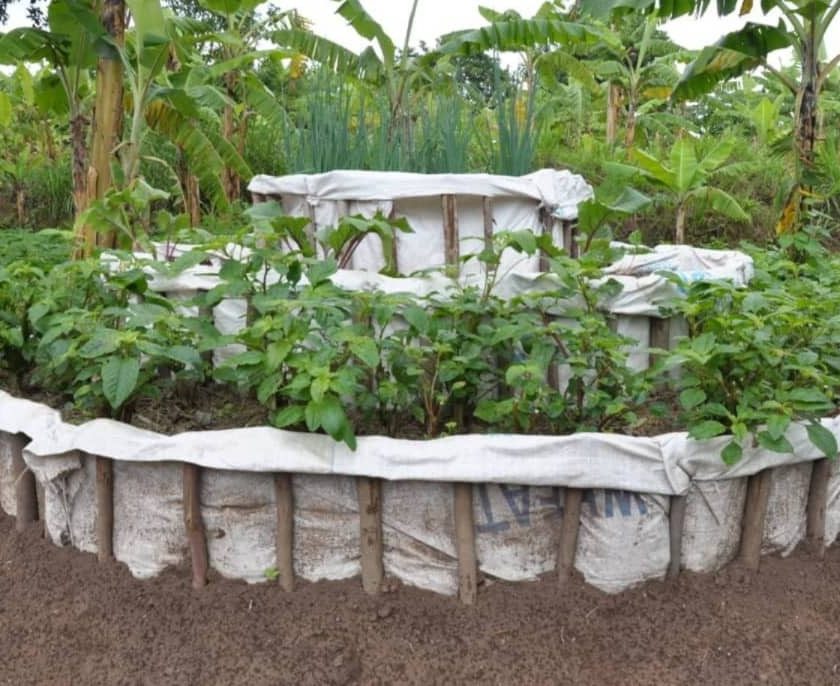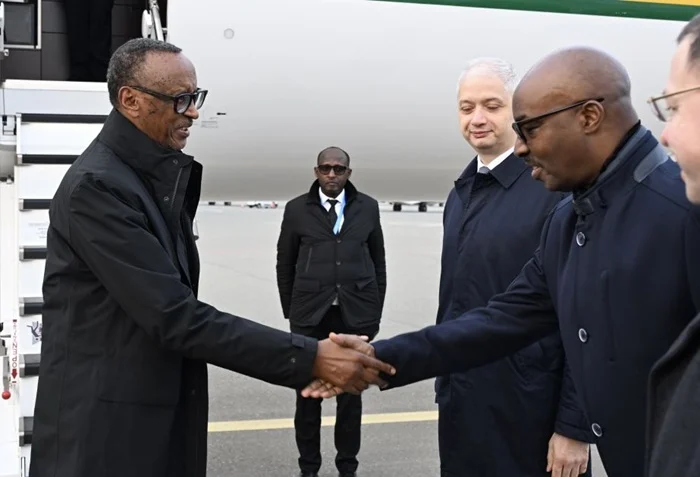Rwanda, a landlocked country in East Africa, is increasingly feeling the devastating effects of climate change. With its fertile lands and biodiversity, Rwanda has long been known for its agriculture-based economy, but the changing climate threatens this very foundation.
Farmers, environmentalists, and policymakers are grappling with the growing challenges posed by erratic weather patterns, extreme temperatures, and natural disasters. As the country strives to combat climate change, many Rwandans are sharing their stories of loss, resilience, and hope for a sustainable future.
Changing Weather Patterns:
In recent years, Rwanda has seen noticeable shifts in its weather patterns. Traditionally known for its mild and predictable climate, the country now experiences irregular rainfall, longer dry spells, and an increasing frequency of floods. These changes have made it harder for farmers to predict planting and harvest times, leading to lower yields and food insecurity.
Testimony: Josephine, a Farmer in Eastern Rwanda
“We used to rely on the seasonal rains, and now they don’t come as they used to. The rains arrive too late or are too heavy, causing floods that wash away our crops. It’s been a struggle just to keep up. My family used to grow maize, beans, and potatoes, but now it’s uncertain whether we’ll have enough to feed ourselves.”
Josephine’s experience is shared by many farmers in the region. According to the Rwandan Ministry of Agriculture, crop yields have decreased by up to 20% in some areas due to the unpredictable rainfall, exacerbating the problem of food security.
Increased Frequency of Natural Disasters:
Floods, landslides, and droughts have become more frequent and intense in Rwanda, largely due to climate change. The country, which has a mountainous terrain, is particularly vulnerable to landslides after heavy rainfall. The devastating landslides in 2020, which killed dozens and displaced thousands, were a stark reminder of the growing threat posed by climate-induced disasters.
Testimony: Paul, a Resident of Western Rwanda
“We lost everything in the landslides last year. Our house was buried under the mud, and we had to start over with nothing. The government has been helping us rebuild, but it’s been hard to find stability. We fear that such disasters could happen again anytime.”
Rwanda’s government has responded with initiatives aimed at mitigating the impact of climate change, including building more resilient infrastructure and developing early-warning systems for natural disasters. However, local communities like Paul’s continue to face immediate risks.
Government Action and Community Adaptation:
Rwanda’s government has set ambitious goals to mitigate and adapt to climate change. In 2015, Rwanda ratified the Paris Agreement and committed to reducing its carbon emissions by 38% by 2030.
In addition, the country has implemented the Green Growth and Climate Resilience Strategy (GGCRS), which focuses on sustainable land use, renewable energy, and forest conservation. The government is also encouraging farmers to adopt climate-resilient farming techniques, such as drought-resistant crops and agroforestry practices.
Testimony: Marie, a Local Environmental Advocate
“We are seeing more and more community-based projects that aim to protect our environment. We are teaching farmers how to diversify their crops, conserve water, and reduce deforestation. The government has also provided support to plant trees, which is crucial in preventing soil erosion and flooding.”
Marie’s work highlights a growing shift in how Rwandans are addressing climate change locally. People are not just waiting for government solutions but are actively working to build resilience within their communities.
International Support and Partnerships:
International partners, including the United Nations, the World Bank, and non-governmental organizations, have provided substantial funding for climate-related initiatives in Rwanda.
The country is also benefiting from the Global Environment Facility and the Green Climate Fund, which support climate adaptation projects, especially in rural areas.
Samuel, a Climate Change Policy Expert “Rwanda has been a leader in climate adaptation in Africa, but the road ahead is still challenging. We need more investment in renewable energy, better access to climate-smart technologies, and stronger collaboration with international partners. Climate change is not just an environmental issue; it’s also a social and economic challenge that demands urgent action.”
Looking Ahead:
Despite the grim reality of climate change, Rwanda remains hopeful. The government’s proactive approach, combined with the resilience of local communities, offers a blueprint for climate adaptation in a vulnerable region.
However, the road to sustainable development requires a concerted effort from all stakeholders including government, private sector, civil society, and international partners.
For people like Josephine, Paul, and Marie, climate change is not just a threat; it is a challenge that demands creative solutions and solidarity. The future of Rwanda hinges on how well the country can balance environmental sustainability, economic growth, and social resilience.
BY TUYISHIME Eric






